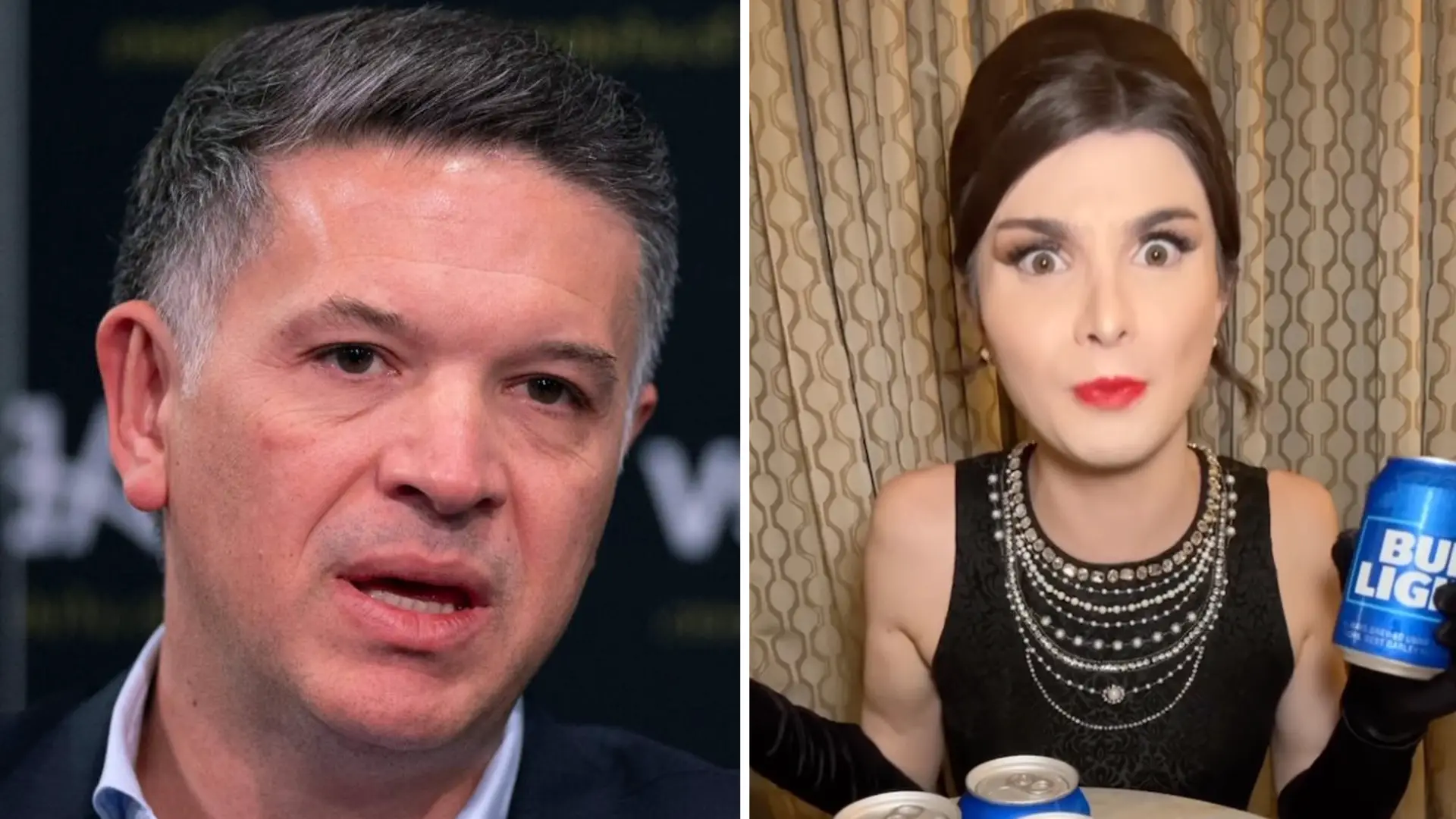In the ever-evolving marketplace, maintaining a brand’s relevance requires a continuous readjustment of strategy. Bud Light recently found this out the hard way. The brewing giant decided to bet it all on influencers Dylan Mulvaney and Alissa Heinerschneid in a bid to reposition the brand away from its perceived ‘fratty’, out-of-touch image. However, just six weeks into this rebranding venture, the brand seems to have rolled snake eyes.
Following the marketing strategy shift, Bud Light’s once esteemed image seems to have faltered. Its trademark product has suddenly fallen from its lofty perch of coolness, landing in the realm of the undesirable.
Ordinarily, such a backlash might simmer down with time. Yet, for Anheuser-Busch, Bud Light’s parent company, the situation looks increasingly worrisome. Sales are nosediving, stocks are plummeting, and the future earnings outlook appears grim. The clouds gathering over the brewing behemoth seem darker and more ominous by the day.
As Investor’s Business Daily reports, Anheuser-Busch’s market value has shockingly dropped by an astounding $15.7 billion since the commencement of April. That’s billion with a ‘b,’ an astronomical figure that seems to have surpassed even the most pessimistic projections at Anheuser-Busch when they endorsed Mulvaney.
Even industry experts are expressing concern. J.P. Morgan analyst Jared Binges has noted, “We believe there is a subset of American consumers who will not drink a Bud Light for the foreseeable future,” projecting a potential annualized volume decline of 12% to 13%.
This could mean a significant boost in sales for other beer brands such as Pabst Blue Ribbon, Yuengling, and Miller High Life, as disillusioned Bud Light consumers shift their allegiances. The blue-collar, everyday Bud Light loyalists who have stuck with the brand over the years now seem fed up with the perceived political agenda and are exercising their protest through their wallets.
Interestingly, while Bud Light navigates these turbulent waters, other brands seem to be sailing smooth seas. Since Bud Light’s campaign launch on April 1, other major publicly traded global beer brands have seen a combined increase of $3.2 billion in market value.
Furthermore, competing brands such as Coors Light, Miller Lite, Modelo, and Yuengling are experiencing sales upticks while Bud Light’s numbers are dwindling. JPMorgan analysts predict a possible 26% plunge in Anheuser-Busch earnings by this fiscal year-end in October.
Bud Light’s situation is undoubtedly a wake-up call for businesses considering embracing ‘wokeness.’ While some sectors like Hollywood and network television have experienced similar backlashes, few anticipated such a strong consumer response in the beer industry. This trend of consumers aligning their spending with their moral compass seems to have caught many by surprise.
Even mainstream media outlets are recognizing the remarkable nature of this phenomenon. As Beer Business Daily editor and publisher Harry Schuhmacher observed, according to NBC, “Nobody imagined it would go on this long… It seems random — it struck a nerve. I’ve never seen anything to compare it to, in all of the [consumer packaged goods] industry. It’s a real shock.”
The Bud Light episode may serve as a warning to other companies contemplating similar shifts in brand strategy. Brands like Nike and Adidas seem undeterred for now, but with Target being the latest corporation facing consumer ire, it remains to be seen how this trend will evolve.
This dramatic fallout poses the question: Can companies remain true to their values without risking their bottom line? Is it possible that the ‘go woke, go broke’ adage might become a rule rather than the exception?
The fallout from Bud Light’s marketing strategy underscores the delicate balance businesses must strike in today’s politically-charged climate. In an era where corporate responsibility extends beyond providing quality goods and services to adopting socio-political stances, the relationship between a brand and its consumer base becomes even more complex. Now, more than ever, businesses must grapple with the reality that every decision – from who they endorse to the messages they promote – could make or break their reputation, and by extension, their profitability.
As the dust settles on this controversy, Bud Light finds itself at a crossroads. On the one hand, they have the option of dialing back their ‘wokeness’ to pacify their disillusioned consumer base. On the other hand, they could dig their heels in and continue pushing their current narrative, hoping to attract a new, more progressive demographic.
One thing is clear – Bud Light’s bold venture into ‘wokeness’ serves as a cautionary tale for other brands. In an attempt to modernize, they may have underestimated the power of their traditional consumer base, ultimately leading to a devastating financial setback.
Yet, this crisis isn’t just a Bud Light problem. The ripple effects of this issue touch every corner of the corporate world. Businesses, large and small, are now asking themselves tough questions: Can we afford to alienate a portion of our consumer base in the name of progress? Is there a way to effectively negotiate the treacherous terrain of socio-political issues without compromising our bottom line?
As we await the answers to these questions, one thing remains certain: the dynamics of corporate branding are rapidly evolving. Businesses must learn to navigate this new landscape adeptly, recognizing that their actions will inevitably invite scrutiny and potentially provoke controversy.
In conclusion, Bud Light’s situation is a stark reminder of the potential risks involved in ‘going woke.’ It is a wake-up call for companies to closely examine their marketing strategies and consider potential backlash from their consumer base. As the saying goes, “The customer is always right.” Maybe it’s time brands listened a little more closely. After all, in the game of consumer loyalty, it’s the customers who hold all the cards.

